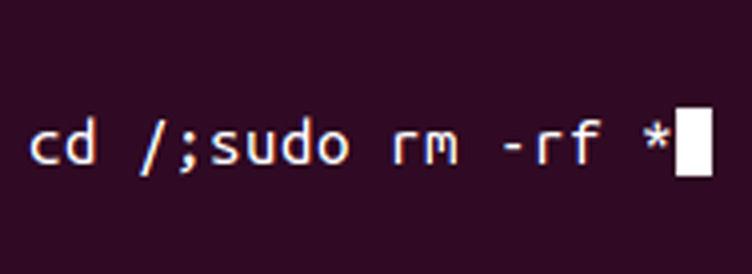Successful engineers don't rely on GUIs
(GUI = Graphical User Interface)

Simulation a.k.a. Computer Aided Engineering (CAE) is my passion and has brought me an earning for decades.
Yet I find myself rather lost when I read the latest statements concerning democratizing the subject of my passion. Put simply, I have never met any engineer who specifically asked for "democratization".
Democratization?
Is democracy in engineering any more necessary than democracy when flying airplanes? I guess many people have a secret dream of flying a plane. However, the day when the purser selects today's first and second pilot among the passengers probably lies some years ahead...
With a trained and experienced pilot in the front seat, everybody enjoys the benefit of the pilot's skills. An engineer with a comprehensive collection of add-on competencies and tools should be viewed upon with a similar attitude. Provided, of course, that the expert guy interacts humbly, wisely and timely with every colleague in order to get the job done.
The label "expert" is sometimes applied to a person whose career choice is to enter an ivory tower and protect all activities there from the colleagues' eyes. I rule these people out as experts. A true expert engineer must also master the (rather few) social skills needed for good engineering teamwork.
These are reasons why I consider the concept of "democratizing CAE" flawed from the start. Another reason is that companies who claim to sell "democracy" tend to sell software at the same time. As you can actually obtain good software without paying for it, I consider the "democratizing" claim nothing but a bait.
The vendors tell you that when you buy their stuff, you get democracy at the same time. In reality, when you buy their stuff, you are deprived of resources that you might spend in a better way. You may not at all need the alleged additional benefit of "democracy" if your organization runs smoothly. If it doesn't, you should probably invest in something else than software with strange marketing messages.
Btw.: See this article for my approach to democratization seen as disseminating the results of the few to the benefit of the many.
GUIs have a brilliant future behind them
CAE vendors who promote their GUIs as a kind of democratization tool may also in reality offer the customer a bait. The inherent problem with GUIs is that when engineering processes get more and more diverse and specialized, the resources needed to develop and maintain the associated GUIs get increasingly out of hand. Valuable GUIs exist, of course, but they have already been written and that's it.
In order to stand out as agile and competitive, any engineering department needs tools that are specifically adapted to their business. For many of those tools, adding a GUI software layer is a nice-to-have thing which simply does not pay.
The future lies in being special
There is an alternative to GUIs: patterns or templates. My engineering masterpiece is a Python monolith with variable settings at the top. The user (who was never me) can easily type in those settings for each run. It takes a few minutes for a newcomer to learn to operate this piece of software. Subsequently, its effects make it hard to forget it.
One should not underestimate the ability of a dedicated engineer to learn a procedure which includes the typing of commands into a terminal window. Discarding GUIs for customized tools may be a brilliant business decision. If you don't ask for a GUI, you won't need to write one. And what you haven't written, you won't need to maintain.
When did you last encounter an engineer who obtained her or his efficiency from a GUI? When did you last encounter an engineer who obtained her or his efficiency from not using GUIs?
Successful engineers don't rely on GUIs. But software vendors definitely want us all to believe so.

A pretty picture. For more pretty pictures, see here.

